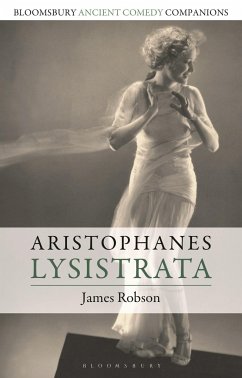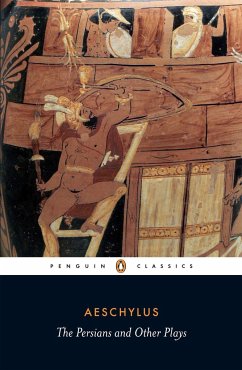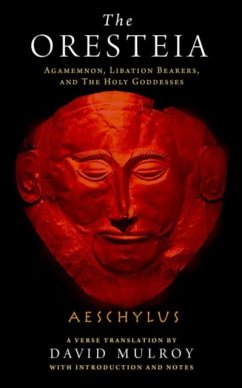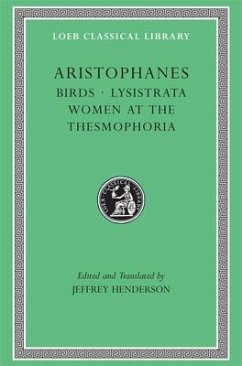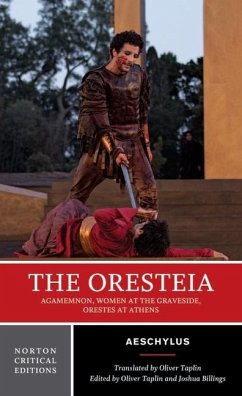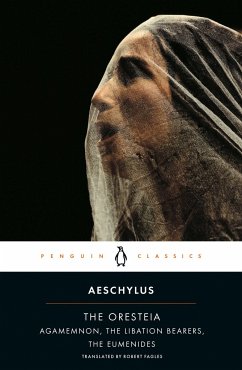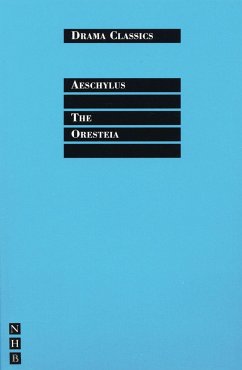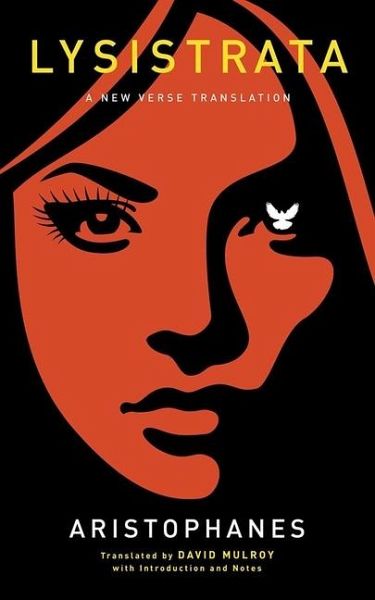
Lysistrata
A New Verse Translation
Versandkostenfrei!
Versandfertig in über 4 Wochen
13,99 €
inkl. MwSt.

PAYBACK Punkte
7 °P sammeln!
Aristophanes was born c. 450 BCE. Today forty-three of his plays are known by title; eleven survive. The most famous of these is the whimsical fantasy Lysistrata. The play is by turns raucous, bawdy, frantic, and funny. David Mulroy's exciting new translation retains the original's verse format, racy jokes, and vibrancy.





